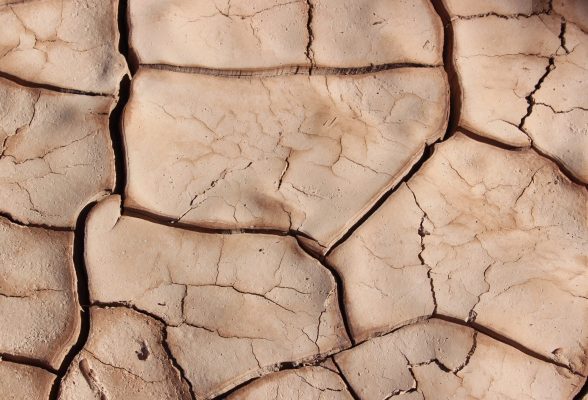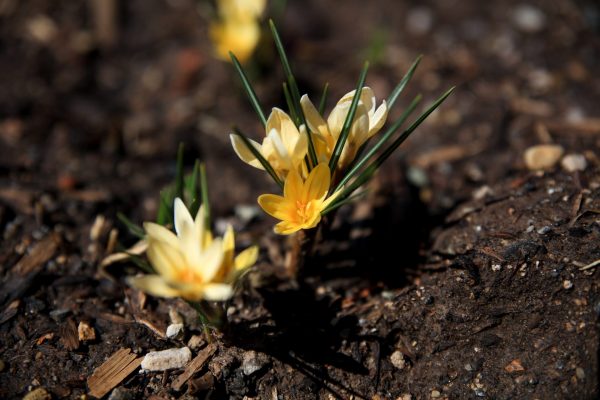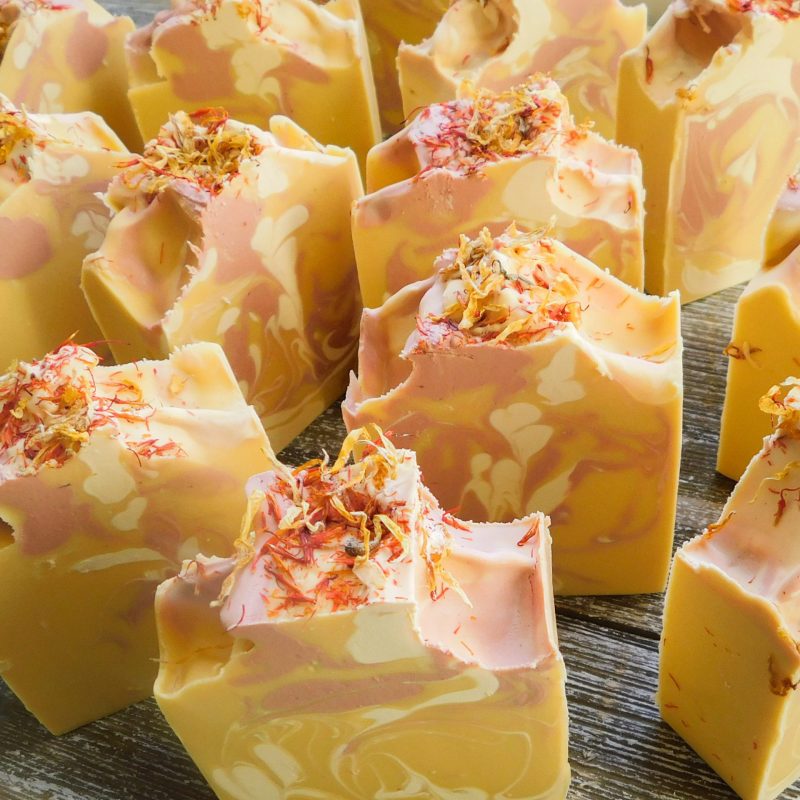Uncategorized
Why You Should Make the Switch to Bar Soap
MOST SOAP IS NOT ACTUALLY SOAP
True soap is made from fats (natural oils and butters) and an alkali, such as lye. They are carefully combined in a process known as saponification, the end result being a big beautiful block of soap. When made correctly, no lye remains in the final product, however soap makers are able to control the amount of free floating fats left over (something called “superfatting”), a process which allows the soap to be more or less conditioning depending on the circumstance.
Most body washes and gels you find on the shelves are not actually soap, but synthetic detergents. These are not made with natural fats and butters, but synthetic chemicals.
Don’t Dry Out Your Skin
My shower gel cleans me just fine, you may be thinking.
Yes, of course it does!
That’s what detergents are meant to do, and they do it well. However this squeaky clean formula can leave your skin stripped of its natural oils.

That’s because it contains no ingredients to hydrate your skin, only those to break down dirt and wash it away.
Some body washes however are made with chemicals specific to skin hydration, which is wonderful. Not all things synthetic are “bad”, they’re just not natural.
Our bar soaps were formulated with sensitive, dry skin in mind. We combined natural oils, butters, and additives with care for a soap that cleanses while still leaving the skin feeling as loved as it should, detergent free.
PLASTIC BUILDS UP FAST
How often do you shower, daily? Every other day? A few times a week? Whatever the frequency, (hopefully) we are all using soap when we do. A bottle of shower gel may last you a month or so, and when you’re out it’s as simple as tossing it in the bin and buying another, and you move on with your life.
But all of those bottles end up somewhere, right? Yes, they do. 300 million tons of plastic waste is produced globally each year; literal tons of it dumped into our oceans. And 40% of that waste is made up of single use plastic packaging- such as an empty body wash bottle.

Crunching the Numbers
To try and put it into perspective, there’s over 300 million people in the US alone. Let’s say that’s 300 million shower gel bottles a month, or 3 billion 600 million bottles a year.
A single plastic bottle takes 450 years to decompose and well, we’ve already done enough math today- but that’s a ludicrous, incomprehensible amount of plastic taking forever to rot away.
Size 10 Carbon Footprint
Let us first say that, a size 10 shoe is not that large, and we support all sizes here (some of us boast 10s, ourselves), what we mean to say is liquid soap has 10x the carbon footprint of solid soap.
Why? Well a few reasons.
- Commercial soaps (or detergents) contain more chemicals than bar soap, and these chemicals require more energy to produce in a lab, as opposed to the fats, butters, and alkali we hand-blend ourselves in our kitchen.
- Their packaging is awkward and bulky, taking up more space, which calls for bigger (usually much bigger) packaging and a heavier transport. Bar soaps are easily stackable, making them able to fit inside smaller packaging and reducing the truckload and its emissions.
- Liquid soap’s awkward, bulky packaging is almost always made of plastic. These plastics take more energy to produce than the paper used to wrap bar soap, let alone the energy it takes to break them down.
OUR PLASTIC FREE PACKAGING
Plastic throws off some heavy World War II vibes, and really we want to live in a world where it isn’t 1930. So we’ve put time and energy into finding suitable, aesthetically pleasing, plastic-free packaging options for our products. Our goal is to make the world a cleaner place (we are a soap company, after all) so we’ve made it our mission to use plastic alternatives wherever we can.
All of our soap is packaged with the following recyclable, reusable, and/or biodegradable materials:

- glassine paper bags
- recyclable paper band labels
- compostable sticker labels
- corrugated cardboard mailers
- crinkle-cut paper fill
- biodegradable cellulose tape
- plant-based glue
- compostable thermal labels
- 100% compostable poly mailers
. We of course can’t solve the world’s plastic crisis, but we can certainly take one small step (that Neil Armstrong guy said something about that, right?) And if each of our small steps merge together into giant leaps and bounds, it is our duty as a society to move forward responsibly, with regard for each other and the big, beautiful rock we live on.


